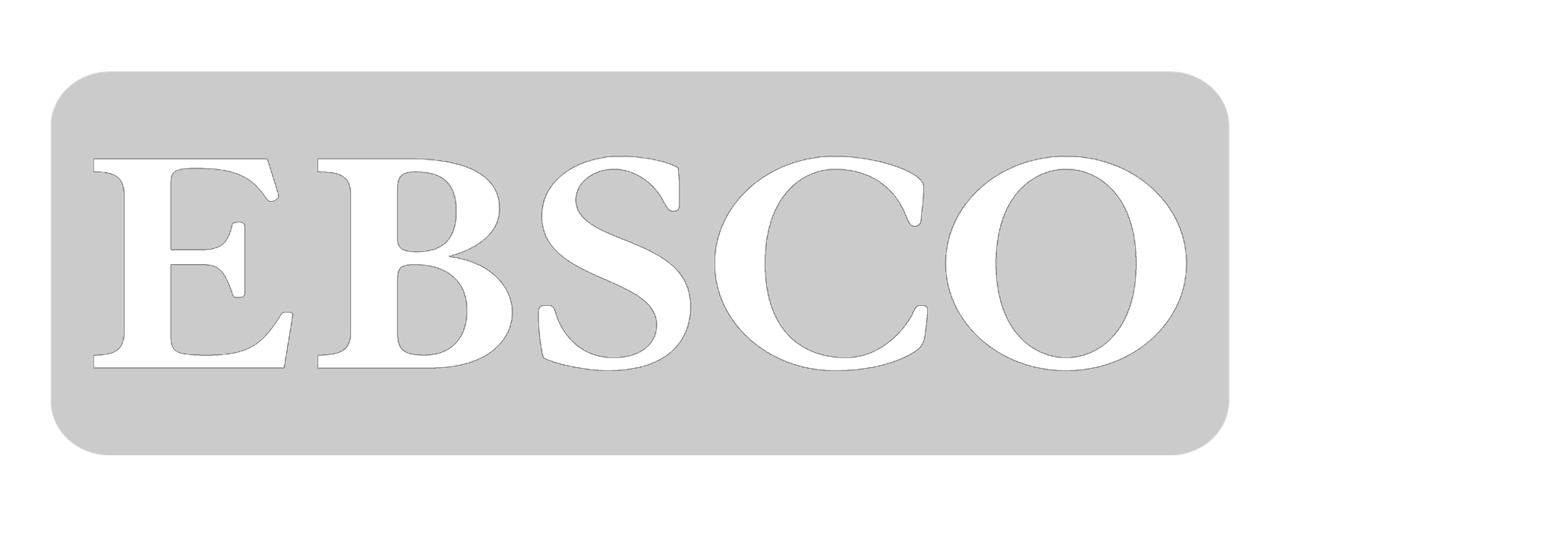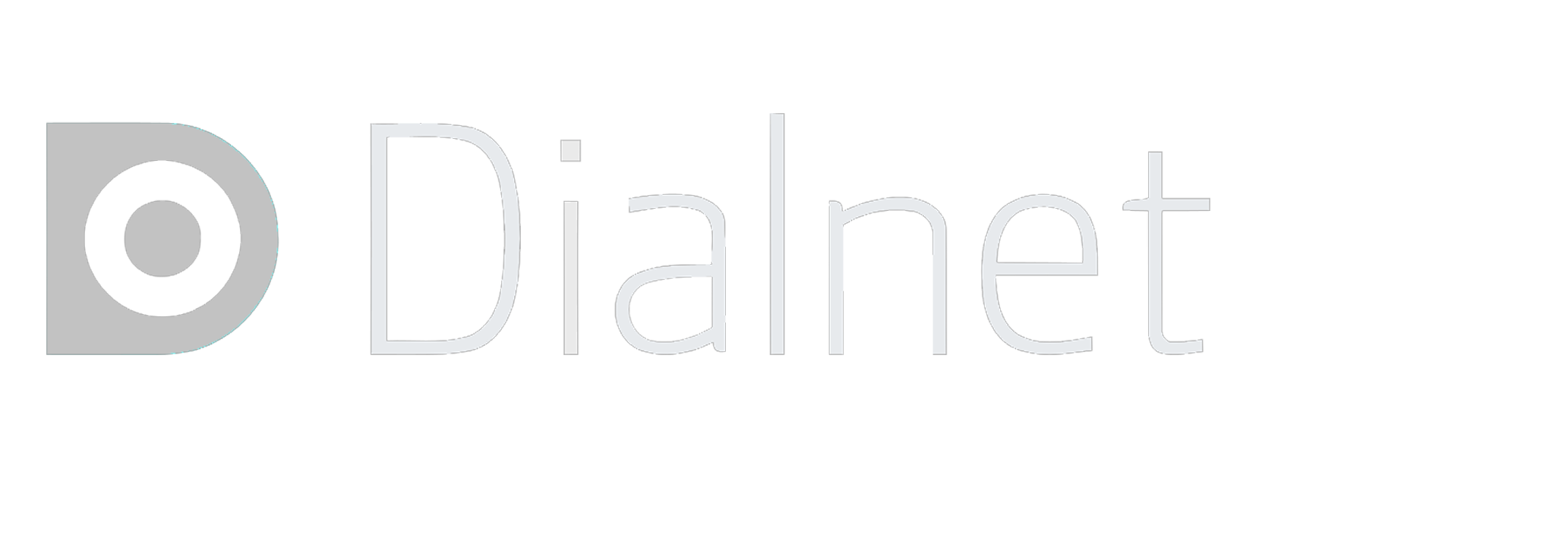Pedagogic discourse: marshalling register variation
Palabras clave:
Pedagogic discourse, register variation, autonomy, language and the law, field shifting, lecturingResumen
In this paper, I approach the question of what makes a text coherent from a pedagogic perspective. I begin with Halliday and Hasan's (1976) canonical observation that a coherent text must be ‘consistent in register’. I then explore this notion from the perspective of a stratified model of context (as genre and register), focusing on a law lecture text dealing with misrepresentation. Shifts in field, mode and tenor are documented for this text, challenging the idea that a coherent text must in some sense be the 'same' register throughout. I then bridge from recent work in Legitimation Code Theory (its autonomy plane) to propose a revised SFL model of pedagogic discourse. This is used to re-interpret register shifting in the law lecture as shifting in the service of its curriculum genre. I close with discussion of the implications of these observations for modelling context and for respecting lecturing mode as far as its complementary role in teaching/learning is concerned.Descargas
Publicado
2022-01-05
Cómo citar
Martin, J. (2022). Pedagogic discourse: marshalling register variation. Revista Signos. Estudios De Lingüística, 54(107). Recuperado a partir de https://revistasignos.cl/index.php/signos/article/view/777
Número
Sección
Estudios del Discurso
Licencia
Aquellos autores que tengan publicaciones con esta revista, aceptan los términos siguientes:
- Los autores conservarán sus derechos de autor y garantizarán a la revista el derecho de primera publicación de su obra por medio de este documento de cesión de derechos de autoría, el cuál estará simultáneamente sujeto a la licencia de reconocimiento de Creative Commons que permite a terceros compartir la obra siempre que se indique su autor y su primera publicación esta revista.
- Los autores podrán adoptar otros acuerdos de licencia no exclusiva de distribución de la versión de la obra publicada (p. ej.: depositarla en un repositorio institucional o publicarla en un volumen monográfico) siempre que se indique la publicación inicial en esta revista.
- Se permite y recomienda a los autores difundir su obra a través de Internet (p. ej.: en publicaciones institucionales o en su página web) antes y durante el proceso de envío, lo cual puede producir intercambios interesantes y aumentar las citas de la obra publicada. (Véase el efecto del acceso abierto).










